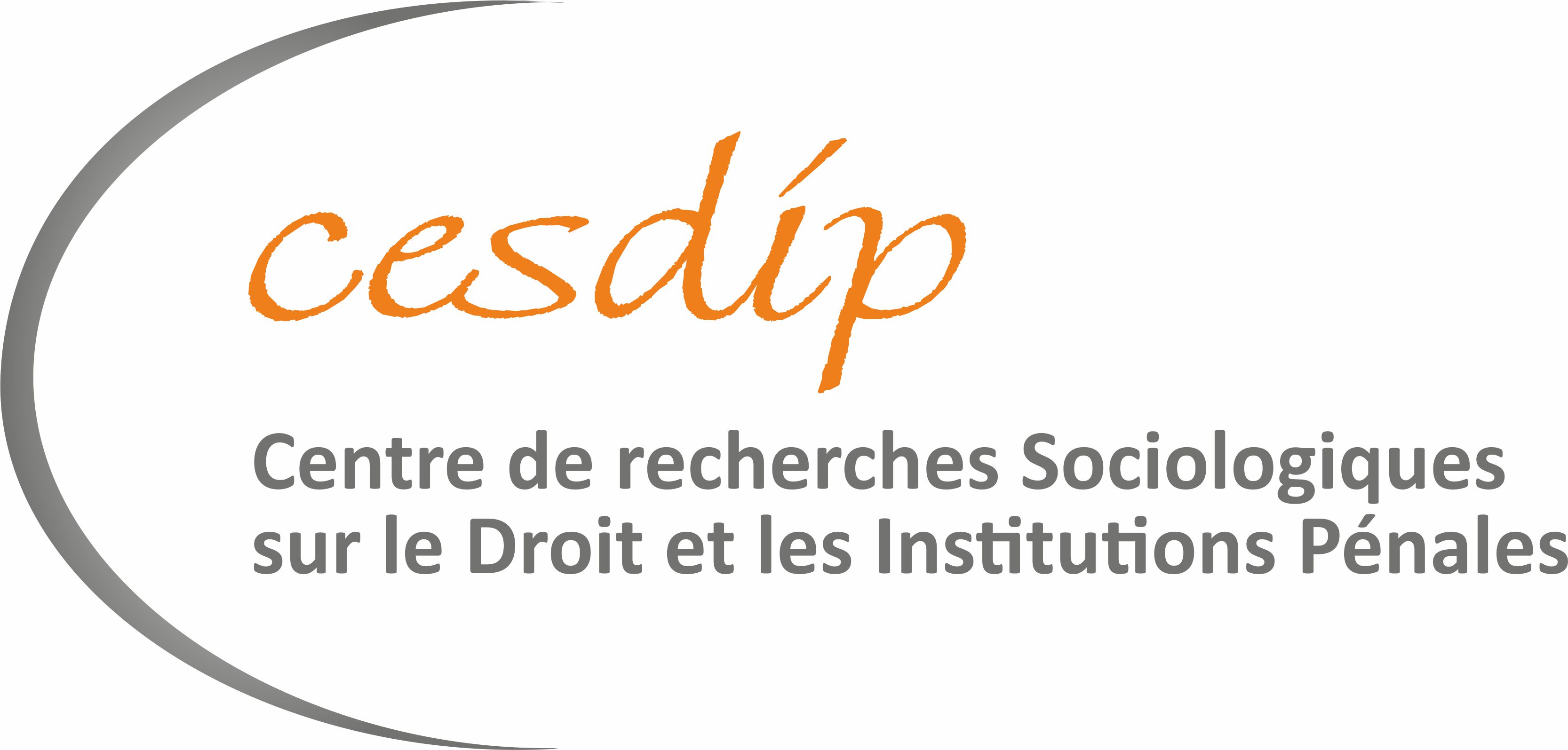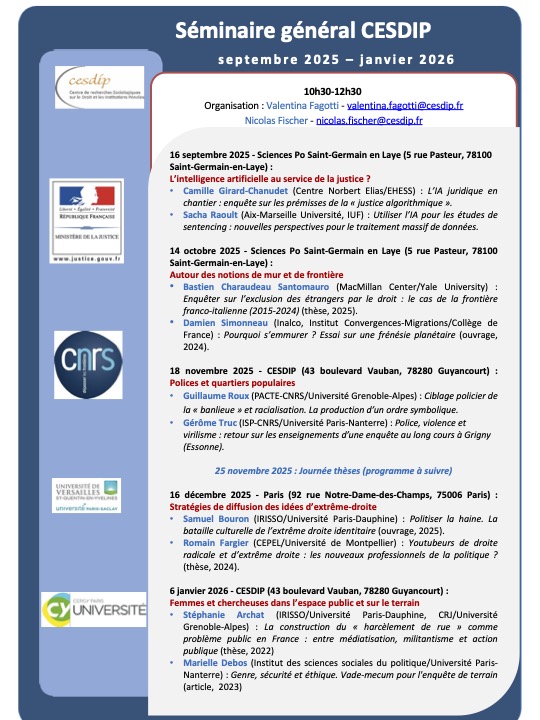by Sophie Peaucellier , Fabien Jobard, René Lévy and Stanislas Spilka – July 2016
Sophie Peaucellier is research engineer at the University Versailles-Saint-Quentin-en-Yvelines, CESDIP. Stanislas Spilka is in charge of surveys at the Observatoire Français des Drogues et des Toxicomanies (OFDT – French Monitoring Centre for Drugs and Drug Addiction). Fabien Jobard is CNRS research director, at the Marc Bloch Center in Berlin (USR 3130). René Lévy is CNRS research director at the CESDIP.
Identity checks are one of the most controversial types of police action, since the law leaves officers considerable discretion as to how to carry them out. The police forces are therefore frequently suspected of using this legal provision for harassment purposes or in ways that are discriminatory toward some particular population groups, so that many recommendations have been formulated in recent years as to the need to modify these practices, and how to do so, in order to dispel suspicion.
The study that follows lies within the framework of these debates, since it aims at specifying who are those individuals checked by the police, on the basis of the data collected on young Parisians aged 17-181 during a one-day military preparation program, the Journée d’appel à la préparation à la défense or JAPD, subsequently dubbed the Journée défense et citoyenneté, JDC (National defense and citizenship day) (ESCAPAD survey, OFDT). The study is the outcome of collaboration between the Observatoire Français des Drogues et des Toxicomanies and the CESDIP.



